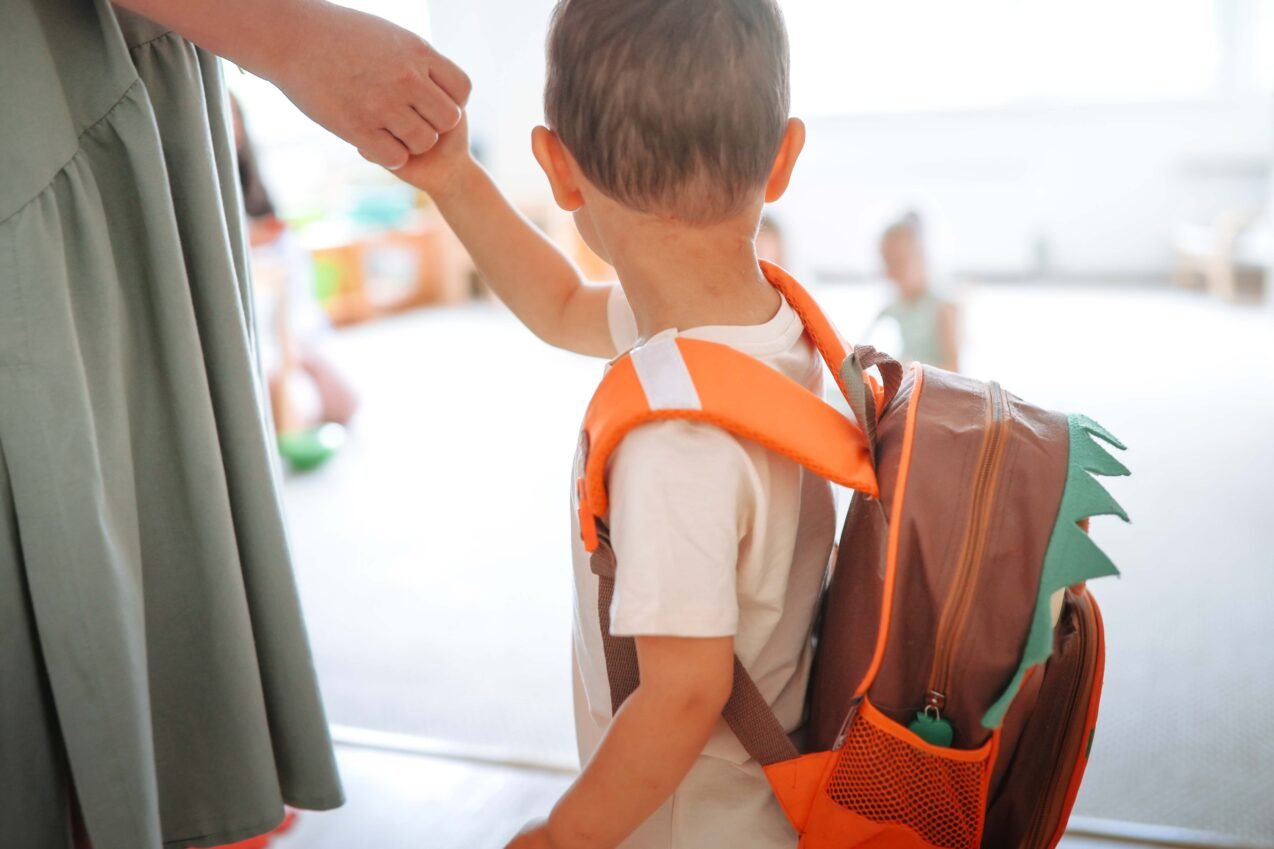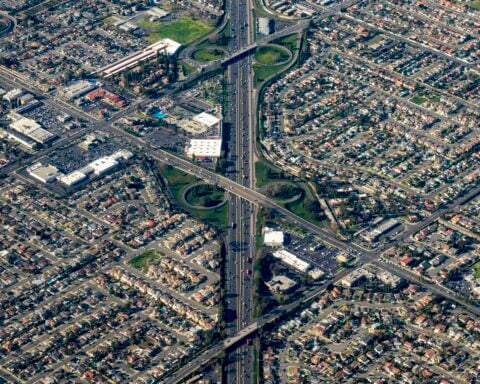California lawmakers passed laws starting in 2025 to boost civil rights and education, Gov. Gavin Newsom’s office said, marking a new push for change.
Newsom backed the reforms. "California's new laws tackle today's biggest emerging challenges head-on," he said. "Through partnership with the Legislature, we're strengthening public safety, building more housing, and providing more resources for our communities. These practical reforms protect what matters most while creating more opportunities for all Californians."
One key law helps Holocaust survivors get back stolen items. Assemblymember Jesse Gabriel, D-Encino, wrote AB2867. The law sets rules for finding and claiming art and property taken during the Holocaust. Newsom picked the Holocaust Museum L.A. to sign this law, showing its deep meaning for many California families.
Native American history got a boost in schools. AB1821 by Assemblymember James Ramos, D-San Bernardino, puts Native American views into lessons about Spanish rule and the Gold Rush.
Public libraries have new rules about books. AB1825, by Assemblymember Al Muratsuchi, D-Torrance, blocks state-funded libraries from banning books based on an author's or subject's background. The law also prohibits bans based on race, faith, gender identity, sexual orientation, disability, wealth, or political views.
Two more laws fight unfair treatment. Sen. Lola Smallwood-Cuevas, D-Los Angeles, wrote SB1137 to stop multiple types of bias simultaneously. Former Assemblymember Akilah Weber, D-San Diego, crafted AB1815 to protect people from bias over their hair style and texture, a move that supports natural and cultural hair choices.
These laws start a bigger set of changes coming to California. State leaders plan to roll out more laws soon, building on these first steps. Newsom's Office said these changes aim to make schools and state groups better match California's mix of people while backing everyone's civil rights.
State leaders said the laws show California's work to treat everyone fairly, from fixing past wrongs to stopping new biases.
Related Articles:

 Trump has begun another trade war. Here's a timeline of how we got here
Trump has begun another trade war. Here's a timeline of how we got here
 Canada's leader laments lost friendship with US in town that sheltered stranded Americans after 9/11
Canada's leader laments lost friendship with US in town that sheltered stranded Americans after 9/11
 Chinese EV giant BYD's fourth-quarter profit leaps 73%
Chinese EV giant BYD's fourth-quarter profit leaps 73%
 You're an American in another land? Prepare to talk about the why and how of Trump 2.0
You're an American in another land? Prepare to talk about the why and how of Trump 2.0
 Chalk talk: Star power, top teams and No. 5 seeds headline the women's March Madness Sweet 16
Chalk talk: Star power, top teams and No. 5 seeds headline the women's March Madness Sweet 16
 Purdue returns to Sweet 16 with 76-62 win over McNeese in March Madness
Purdue returns to Sweet 16 with 76-62 win over McNeese in March Madness








